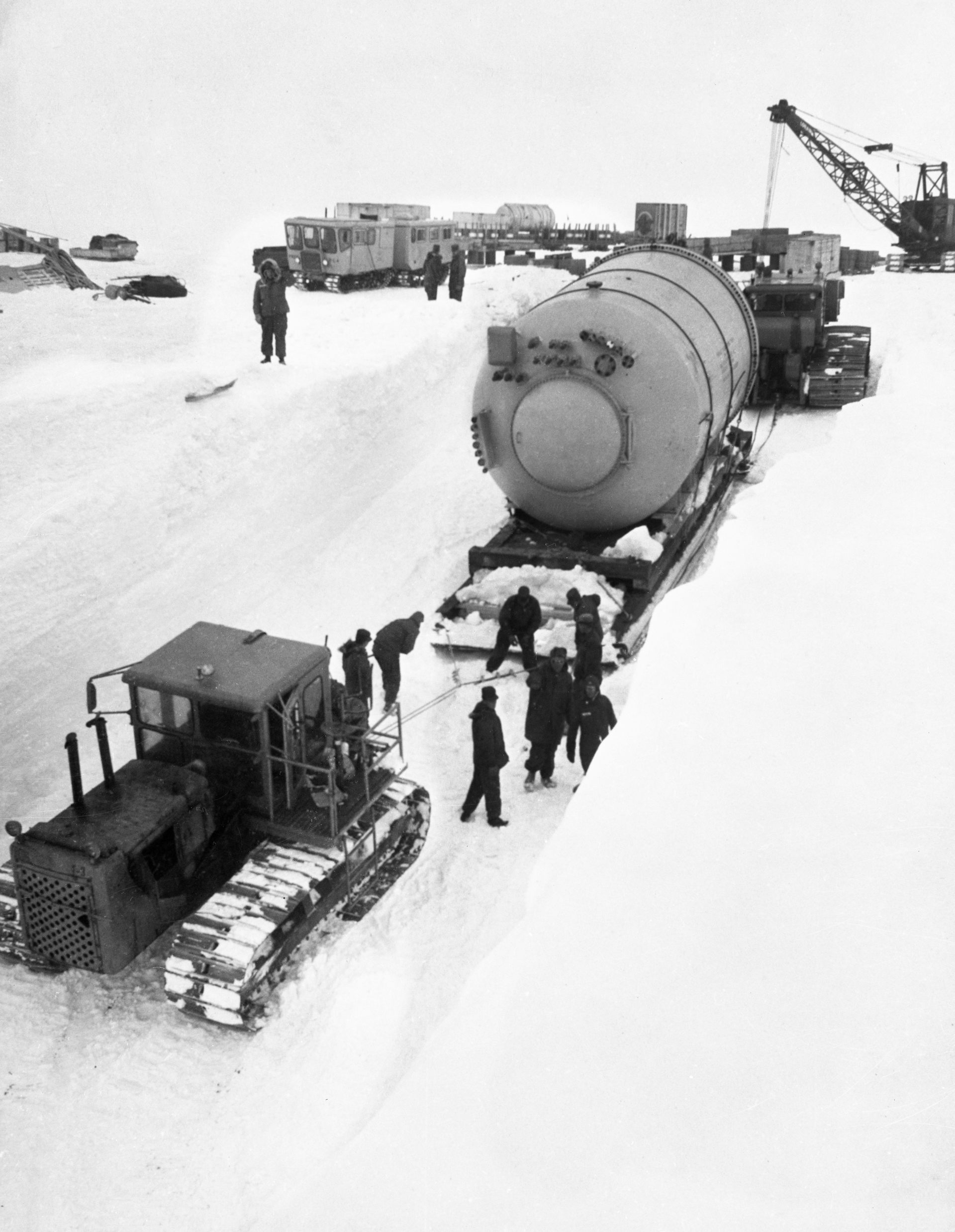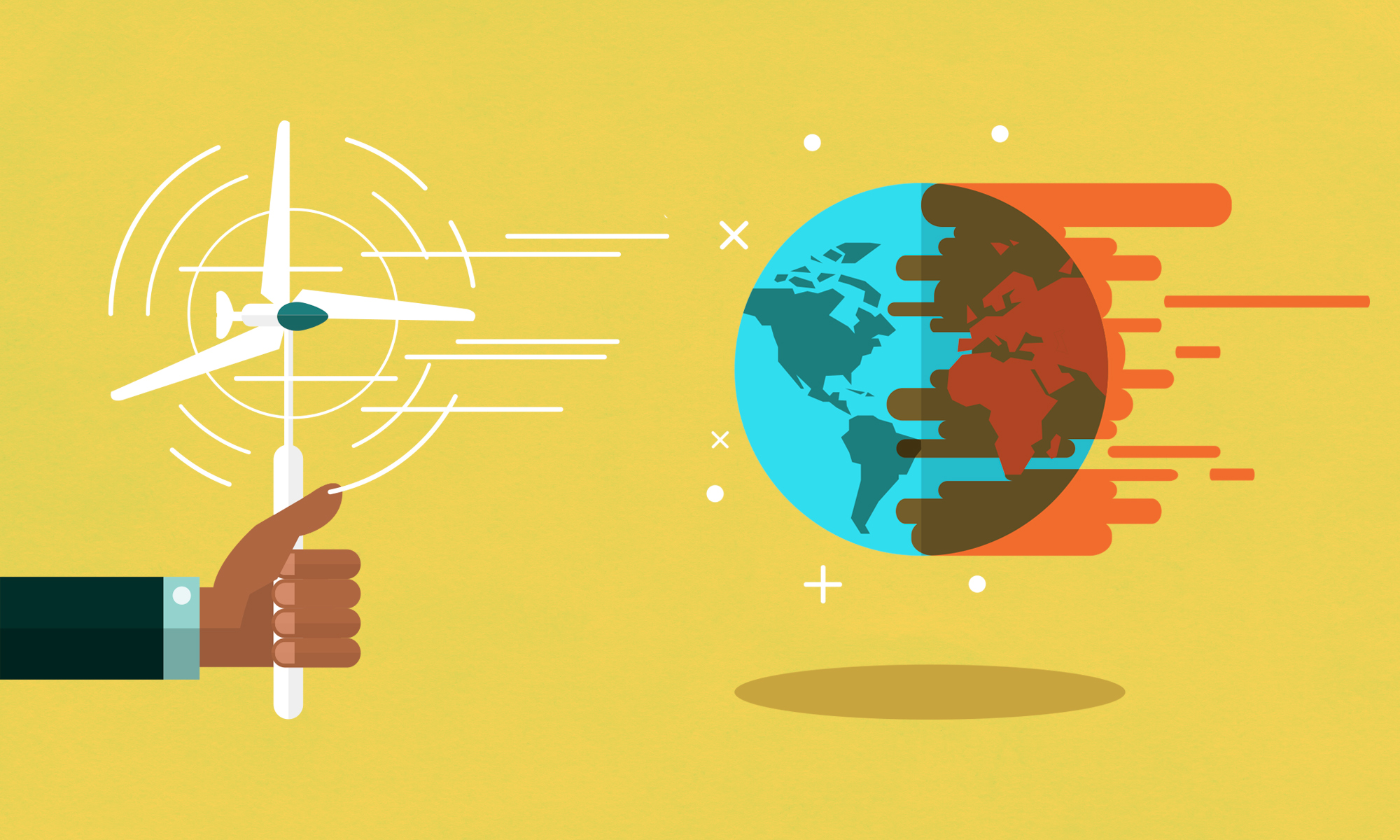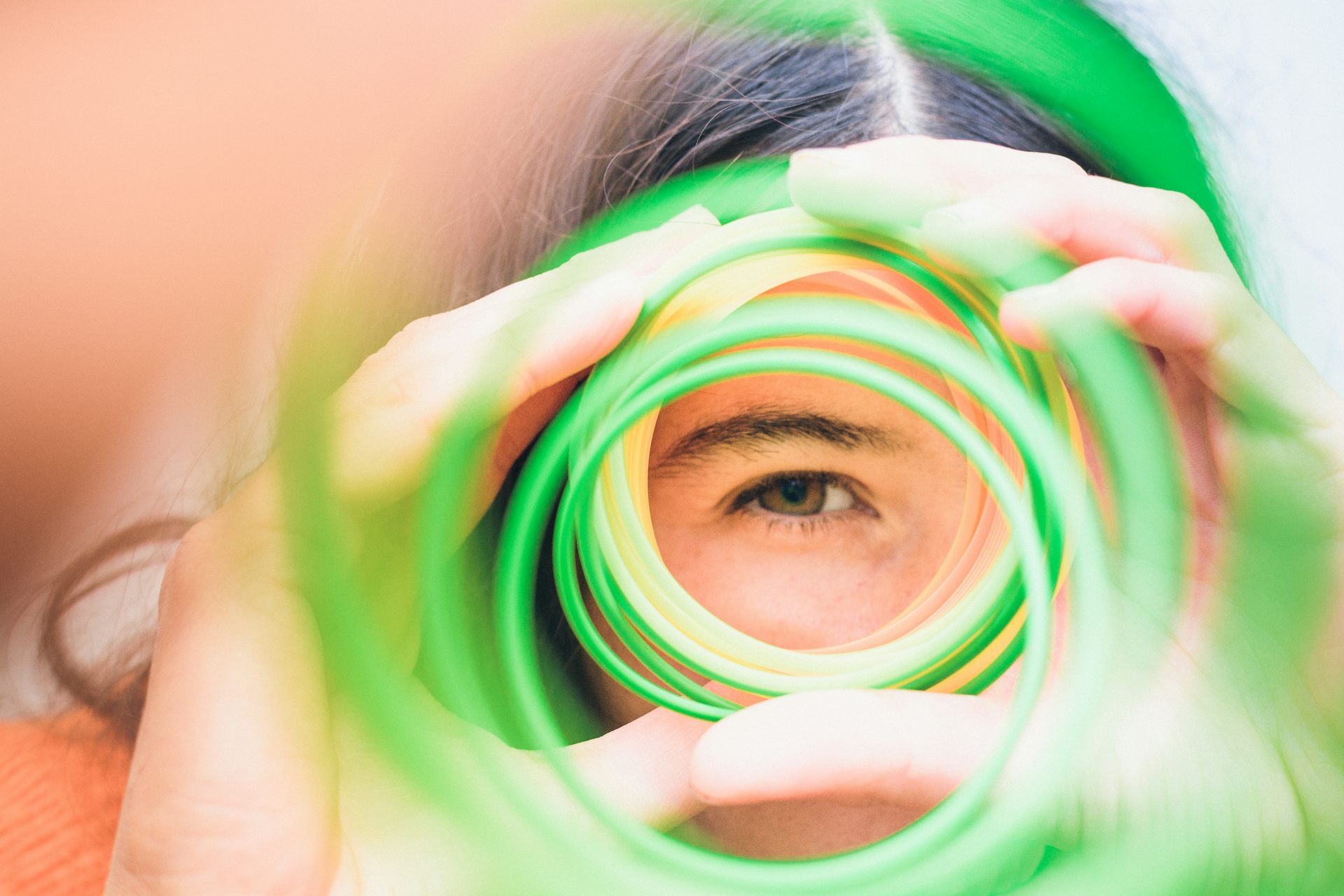An international research team has come up with an innovative method for metal recovery from industrial waste. The new method allows the simultaneous recovery of multiple metals from waste oxides in a single process. This novel route will lower the burden on waste storage facilities with significant contributions to the economic and environmental sustainability of...
Science & Technology
The U.S. Army Tried Portable Nuclear Power at Remote Bases 60 Years Ago – It Didn’t Go Well
In a tunnel 40 feet beneath the surface of the Greenland ice sheet, a Geiger counter screamed. It was 1964, the height of the Cold War. U.S. soldiers in the tunnel, 800 miles from the North Pole, were dismantling the Army’s first portable nuclear reactor. Commanding Officer Joseph Franklin grabbed the radiation detector, ordered his...
Making Citizen Science Inclusive Will Require More Than Rebranding
Scientists need to focus on tangible efforts to boost equity, diversity and inclusion in citizen science, researchers from North Carolina State University argued in a new perspective. Published in the journal Science, the perspective is a response to a debate about rebranding “citizen science,” the movement to use crowdsourced data collection, analysis or design in research. Researchers...
With Ford’s Electric F-150 Pickup, the EV Transition Shifts into High Gear
When President Joe Biden took Ford’s electric F-150 Lightning pickup for a test drive in Dearborn, Michigan, in May 2021, the event was more than a White House photo op. It marked a new phase in an accelerating shift from gas-powered cars and trucks to electric vehicles, or EVs. In recent months, global auto manufacturers...
‘PrivacyMic’: for a Smart Speaker That Doesn’t Eavesdrop
Microphones are perhaps the most common electronic sensor in the world, with an estimated 320 million listening for our commands in the world’s smart speakers. The trouble is that they’re capable of hearing everything else, too. But now, a team of University of Michigan researchers has developed a system that can inform a smart...
Forget Wearables: Future Washable Smart Clothes Powered by Wi-Fi Will Monitor Your Health
Purdue University engineers have developed a method to transform existing cloth items into battery-free wearables resistant to laundry. These smart clothes are powered wirelessly through a flexible, silk-based coil sewn on the textile. In the near future, all your clothes will become smart. These smart cloths will outperform conventional passive garments, thanks to their miniaturized...
Researchers Create New CRISPR Tools to Help Contain Mosquito Disease Transmission
Since the onset of the CRISPR genetic editing revolution, scientists have been working to leverage the technology in the development of gene drives that target pathogen-spreading mosquitoes such as Anopheles and Aedes species, which spread malaria, dengue and other life-threatening diseases. Much less genetic engineering has been devoted to Culex genus mosquitoes, which spread devastating...
How to Talk to People About Climate Change
As our planet warms, seas rise and catastrophic weather events become more frequent, action on climate change has never been more important. But how do you convince people who still don’t believe that humans contribute to the warming climate? New University of British Columbia (UBC) research may offer some insight, examining biases towards climate information...
Algorithm-Based Music Recommendations: Low Accuracy for Lovers of Non-Mainstream Music
A team of researchers from Graz University of Technology, Know-Center GmbH, Johannes Kepler University Linz, University of Innsbruck, Austria and University of Utrecht, the Netherlands, compared how accurate algorithm-generated music recommendations were for mainstream and non-mainstream music listeners. They used a dataset containing the listening histories of 4,148 users of the music streaming platform Last.fm...
It’s Not Just a Social Media Problem – How Search Engines Spread Misinformation
Search engines are one of society’s primary gateways to information and people, but they are also conduits for misinformation. Similar to problematic social media algorithms, search engines learn to serve you what you and others have clicked on before. Because people are drawn to the sensational, this dance between algorithms and human nature can foster...









